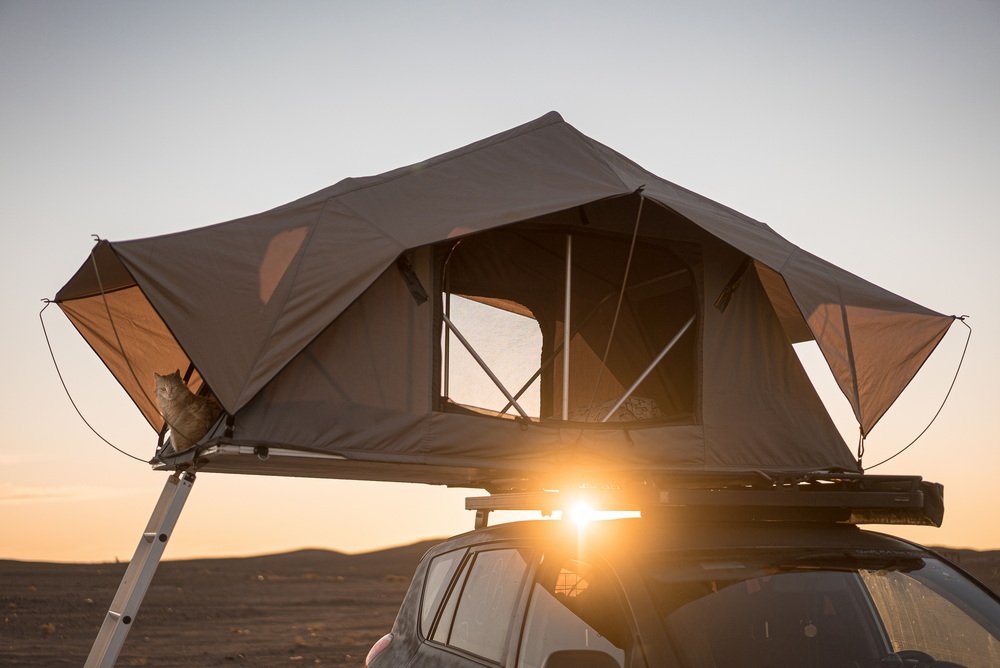Overlanding With a Rooftop Tent – It Takes Getting Used To
Overlanding is about the journey rather than the destination. For longer trips, you’ve got to have a plan for accommodations no matter where the road takes you. Most overlanders prefer camping. And among the campers, rooftop tents are a fantastic option.
A rooftop tent can take some getting used to. Pitching a tent atop your SUV or truck doesn't seem natural. If you’ve never tried it before, concerns about stability compared to ground camping might be top of mind. With a little knowledge and the right equipment, a rooftop tent can be quite comfortable and safe.
How It Works
The rooftop tent concept is simple. You start with a platform built on top of your vehicle. It can be a ready-made platform manufactured specifically for your vehicle make and model. It can be a custom-built platform you created with your own hands. Either way, it needs to be able to support your weight. That is the first and most important thing.
When you reach the area you’re ready to spend the night, put it in park and prepare the platform. Pitch your tent and tie everything down with Rollercam® Overlanding tie-down straps.
Things to Love About It
Why would anyone invest in a metal platform and a bunch of cam straps just to a pitch a tent on top of a truck? Overlanding with a rooftop tent has some definite perks:
Greater Comfort – With a rooftop tent there is never a worry about laying on top of a rock or some tree roots. The surface under you is flat. Add a thin memory foam mattress between you and the platform, you will be as comfortable as you are at home.
Greater Warmth – One of the downsides of sleeping on the ground is that the earth sucks the heat out of your body. That's not a problem in a rooftop tent. Most rooftop tent owners insist they are warmer off the ground than on it.
Epic Views – You can see a whole lot more from the top of your truck. Leave the tent flaps open at night and you can expect some epic views when the sun goes down and comes back up again.
Not everything about overlanding with a rooftop tent is sunshine and roses. There are some downsides that take getting used to. Like any tent, setting up and tearing down your tent takes time and effort, plus the added complication of doing it from a ladder or step stool.
There is also the matter of finding a level parking spot. Unlike RVs and camping trailers, your pickup truck probably doesn't come with an automatic leveling system. If you don't find a level place to park, you could face an unpleasant sleeping experience.
Overlanding with a rooftop tent is a different kind of experience but one that comes with a variety of advantages.




